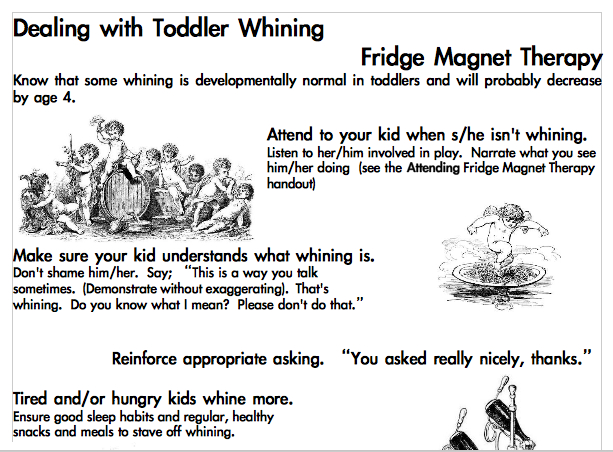There is almost always a moment in couple's therapy (often lots of moments) where one or both partners says, "It's not fair." I am not talking about "it's not fair" relating to housework or money or other life tasks. I'm talking here about the cry of "its not fair" about the burdens of the relationship; "It's not fair that I always have to put my feelings on hold to listen to her." "It's not fair that I have to take responsibility for initiating every conversation about making changes." "It's not fair that I am the one always being blamed for not caring about us."
Couples will often stare at each other over an abyss of fairness waiting for the other person to initiate kindness, intimacy, caring or even simple friendliness.
It is easy to get into a fight over one of these statements that goes something like. "That's not true. I did ....... last Thursday." "Only when I told you to." "But I never get to because you are always telling me to before I even have a chance to." Or some other totally derailing fight that ends with them looking to me to adjudicate. Who is right? Who is more aggrieved?
I tell couples I am not Judge Judy. I tell them I cannot say that if he responds kindly 55% of the time then she must say positive things about his appearance 64% of the time. It is for them to decide what is enough. It is for them to figure out what happens when their partner doesn't deliver.
An obvious point but one worth bearing in mind: in couples therapy people don't generally say "It isn't fair, s/he is always putting my emotional needs first. I never consider her feelings and s/he is always attuned to what I want." This is a small hint that a search for impartial justice is not what drives most people when they say, "It's not fair..."
"Its not fair..." is often a way of saying a couple of things, a pair of contradictory messages and a meta-message. The first message is "I have something I want or need." The second message is "I shouldn't say that I want or need this thing." The meta-message is "These two contradictory impulses make me feel out of control."
People say it isn't fair when what they want is for the situation to be different. "I want my spouse to be more loving, I want my partner to initiate compliments, I want my girlfriend to take my feelings seriously." Why don't they just say that? Why do they appeal to fairness?
Often what they want or need feels primitive, childish. Harville Hendrix says that when people say things like "s/he always does this" they are experiencing time as a child experiences time; what is happening right now is what has always happened and always will happen. "It's not fair" usually has an "I always" or "s/he always" flavour behind it. The unmet, unarticulated desire feels primitive, childish.
There are two things that usually work in tandem to keep such desires from being articulated. One is, we are embarrassed. We don't think it is okay for us to say that we want to be loved more or that we need more appreciation or to be criticized less. It is childish, it is shameful, it is silly, name your poison. The other reason we don't say what we want in those moments is because it doesn't feel safe. If I say "I want more love," my partner may say "tough." Our partner's power to withhold keeps us from saying "This is what I want or need."
At that moment, we are bound between our two desires, unable to have the things we want and unable to get out of the situation. We imagine that some outside power will do what we cannot do; deliver our desire and protect us from the dangers of having to take our desire seriously. I think when people say "It isn't fair" they fantasize that I will say "You are absolutely right and s/he is absolutely wrong," then turn to their partner and compel him/her to want to freely and generously hand over the love/appreciation/caring.
Relationships are inherently unfair. Another person has the power to deliver or withhold things we ardently desire. On a whim. Not because of our actions or our merits or our character but largely because of his/her own wants or needs or impulses. In a relationship we confront our own insufficiency. Hopefully we choose a partner whom we trust enough to be generous enough with the things we desire.




